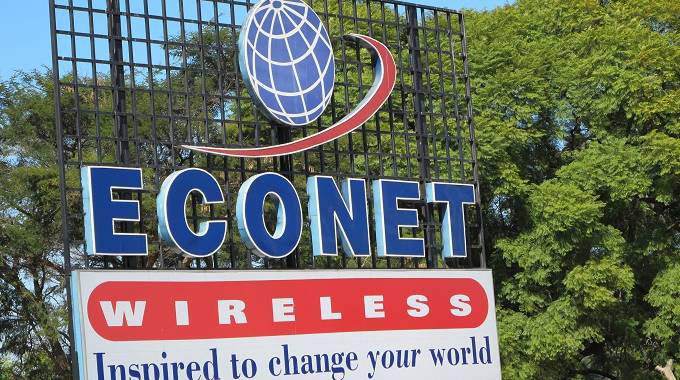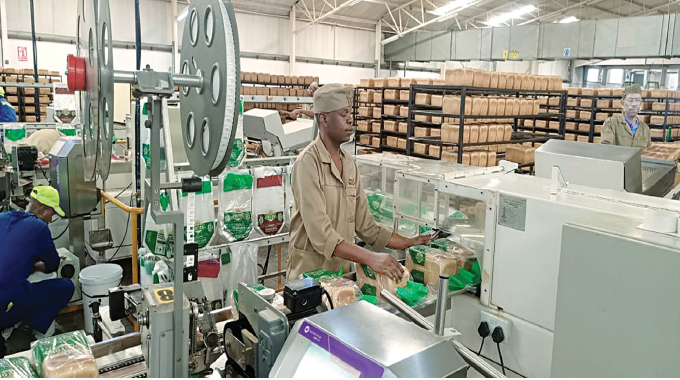Econet targets cut in expenditure

Oliver Kazunga, Senior Business Reporter
THE country’s largest telecommunucations firm, Econet Wireless Zimbabwe, targets to reduce operational expenditure by 20 percent and has appealed to its suppliers to reduce their prices by the same margin.
In a special trading update, Econet noted that the prevailing hyper inflationary environment and currency depreciation have depressed the real tariffs and significantly impacted operating costs and foreign exchange losses.
“The board and management are of the view that the financial performance trend will continue to be weighed down in line with past performance.
“As part of the business survival strategy, the company targets to reduce operating expenditure by 20 percent and made a call to our partners and suppliers to reduce their prices by the same margin,” said the firm.
Econet’s voice, data and SMS traffic declined by 5,4 percent, 15, 6 percent and 6,2 percent respectively on a year-on-year basis.
“Voice and data services constitute more than 80 percent of the company’s revenue base,” said the company.
It said although data traffic has been increasing since the start of the national lockdown due to more people working from home, making use of digital video conferencing channels, increased e-learning activity among others, the increase was not sufficient to offset the overall decline in the real revenues caused by the lockdown as well as the declining economic fundamentals.
The telecommunications operator said regulatory tariff increases continue to lag behind inflation and have not yet factored the full impact of the exchange rate depreciation and hyperinflation.
“The company together with the other players in the industry continue to engage the regulator to implement tariffs that sustain the viability of the sector as well as ensure that a high quality of service standard is maintained,” said Econet.
It said within the first quarter of 2020, the interbank exchange rate increased 38 percent from ZW$17 to ZW$25 against the United States dollar while the Old Mutual implied rate increased 124 percent from 45,6 to 102.
“Although the Old Mutual implied rate is not reflective of the pricing of goods in the market, it is an indicator of the distortions that exist in the market.
“These distortions have a bearing on the cost of goods and services, including our own. The local cost of providing our services is increasing in line with market trends, where the alternative market is used for reference pricing,” said the firm.
The regulator, Postal and Telecommunications Regulatory Authority of Zimbabwe, (POTRAZ) has adopted the Telecommunications Pricing Index (TPI) as the tool for setting tariffs while costs have been increasing in line with the movements in the formal rate of exchange, although, with very little availability of foreign currency.
“The frequency and responsiveness to market changes have been low and slow resulting in our real tariffs being severely undermined. This means that we are not able to pay our vendors for software licences and certain upgrades required to increase our capacity and maintain the quality of service that our customers have come to expect from us,” said Econet.
During the first quarter, Econet noted that national demand for electricity dropped during the lockdown period and grid power was mostly available for its switching centres and base stations. “However, we anticipate that power and fuel supply challenges will persist in the post lockdown period.
“In this regard, the company continues to prioritise the deployment of solar equipment and hybrid batteries across the base stations and switching centres,” it said.
On the outlook, the company said the operating environment remains volatile and uncertain.











Comments